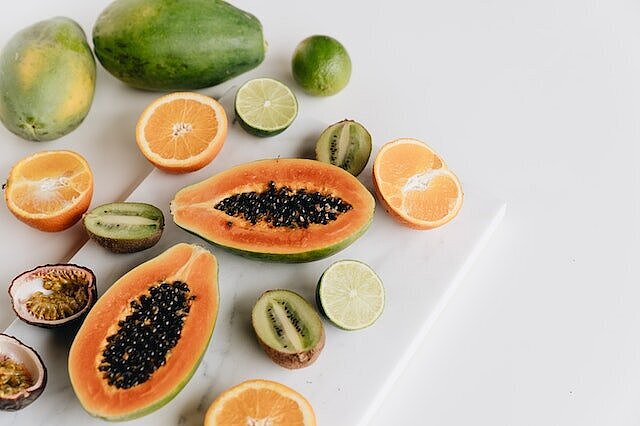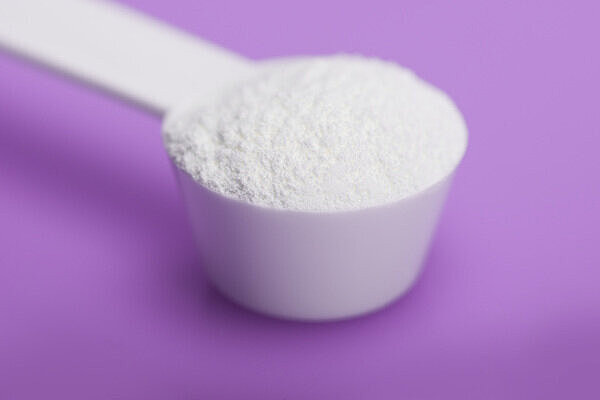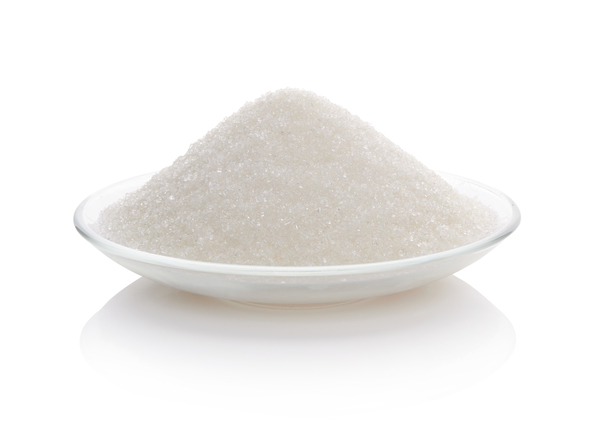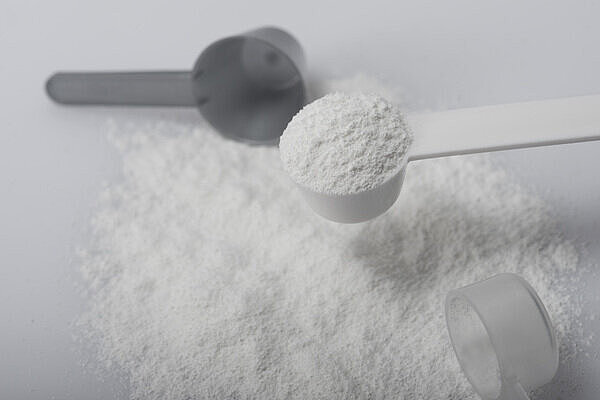Dextrose
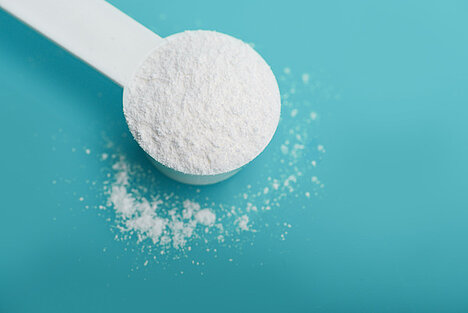
But is dextrose also suitable for dogs? In this article, you will find out when and how you can give your dog dextrose, what the advantages and disadvantages are and what you should look out for.
When does your dog need dextrose?
Dextrose can help your dog if he is hypoglycemic. This can happen, for example, if he eats too little or too irregularly, if he suffers from diabetes or if he has overexerted himself. Symptoms of hypoglycemia can include: weakness, trembling, disorientation, convulsions or unconsciousness.
If you notice these signs in your dog, you should give him some glucose immediately. Preferably in liquid form, for example as a syrup or solution. You can give the dextrose directly into your dog's mouth or apply it to the mucous membranes. The sugar is quickly absorbed into the bloodstream and your dog will recover.
However, you should always have the cause of the hypoglycemia investigated. If your dog is frequently hypoglycemic or has other health problems, you should consult a vet.
What are the benefits of dextrose for dogs?
Dextrose can not only help your dog in emergencies, but can also serve as a source of energy. If your dog is very active or does a lot of sport, he can benefit from an extra dose of dextrose. This is especially true for dogs that take part in competitions or are used as working dogs.
Dextrose can also help your dog when they are ill or recovering from an operation. In these cases, your dog's energy requirements may be higher than normal. Dextrose can then help to stabilize blood sugar levels and support recovery.
How much dextrose should you give your dog?
How much dextrose you should give your dog depends on various factors. These include your dog's weight, activity level and state of health. The rule of thumb is: one gram of dextrose per kilogram of body weight per day.
This means, for example, that a 10 kg dog can have about 10 g of dextrose per day. This corresponds to about two teaspoons of powder or four tablets. However, you should always adjust the dose individually and monitor your dog.
You should not give your dog the dextrose all at once, but spread it out over the course of the day. It is best to give him the dextrose before or after a meal or physical exertion. This way you can avoid blood sugar fluctuations.
What are the disadvantages of dextrose for dogs?
Although dextrose is a natural sugar, it should not be fed in excessive quantities. Too much dextrose can lead to obesity, tooth decay or digestive problems. Too much dextrose can also upset blood sugar levels and increase the risk of diabetes.
If your dog has diabetes or cannot tolerate dextrose, you should not give him any dextrose at all. Otherwise it can lead to serious complications.
Glucose, also known as dextrose, can help dogs if they are hypoglycemic, show weakness, tremors or unconsciousness. In such emergencies, dextrose should be given in liquid form directly into the mouth or on the mucous membranes. It can also be used as a source of energy, especially for very active or working dogs, sick dogs or those recovering from surgery. The amount should be individually adjusted and distributed throughout the day. However, too much dextrose can lead to obesity, tooth decay or blood sugar fluctuations and should be avoided, especially in dogs with diabetes.
Properties 7
Are you looking for other ingredients with a specific property?
Just click on them to find more.
If you notice any signs of hypersensitivity or poisoning in your dog, you should see your vet immediately. We are not a substitute for a vet, but we try to be as accurate as possible. Every dog reacts differently and we recommend you get a second opinion or consult your vet if in doubt.
Stay healthy and take good care of your four-legged friend!😊
Similar to Dextrose
Fructose is a carbohydrate that is an important source of energy for the body. It is absorbed in the small intestine and enters the bloodstream. There it is either consumed directly or stored in the...
Glucose is a monosaccharide, i.e. a simple sugar. It consists of a ring of six carbon atoms to which hydrogen and oxygen atoms are attached. Glucose is the most common sugar in nature and is found...
Sucrose itself is not toxic to dogs, but it can lead to various health problems if fed in excessive quantities. These include: Tooth decay: sucrose encourages the growth of bacteria in the mouth,...
Maltodextrin is a so-called polysaccharide, which consists of several glucose molecules. It is produced by the hydrolysis of starch, which can come from various plants such as maize, wheat or...
